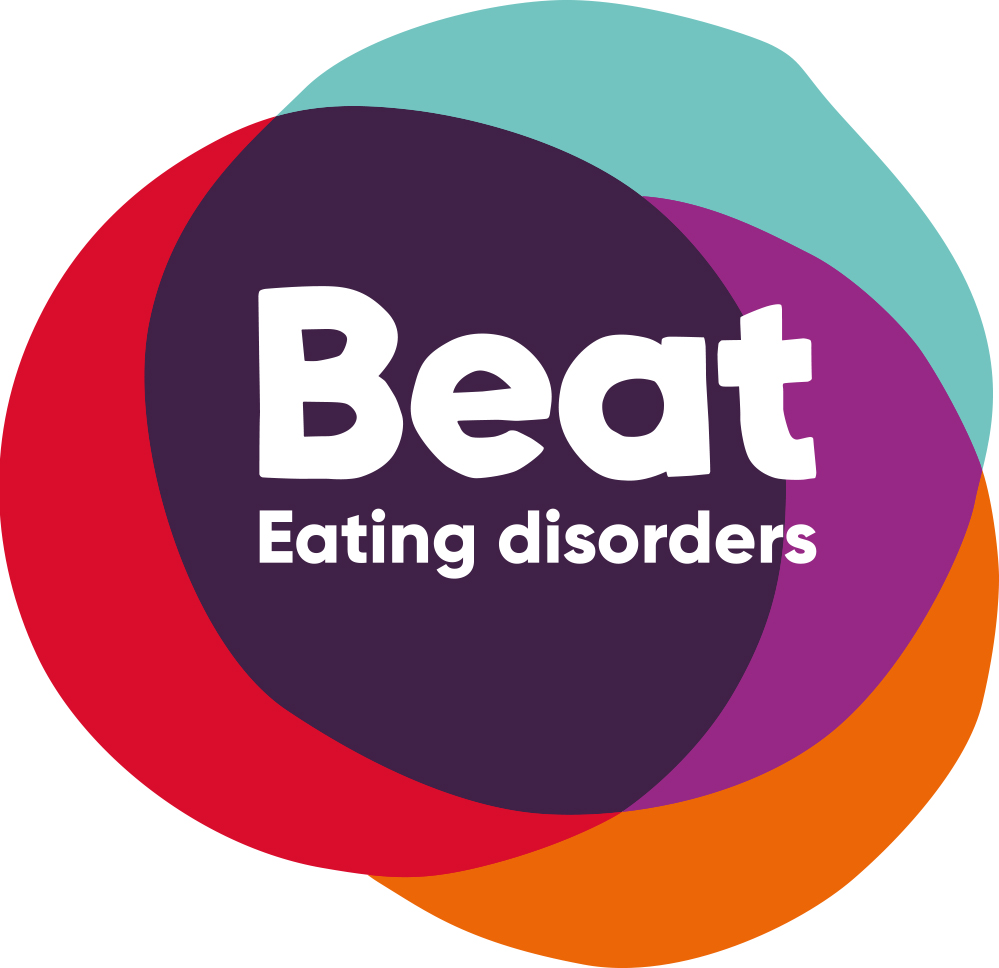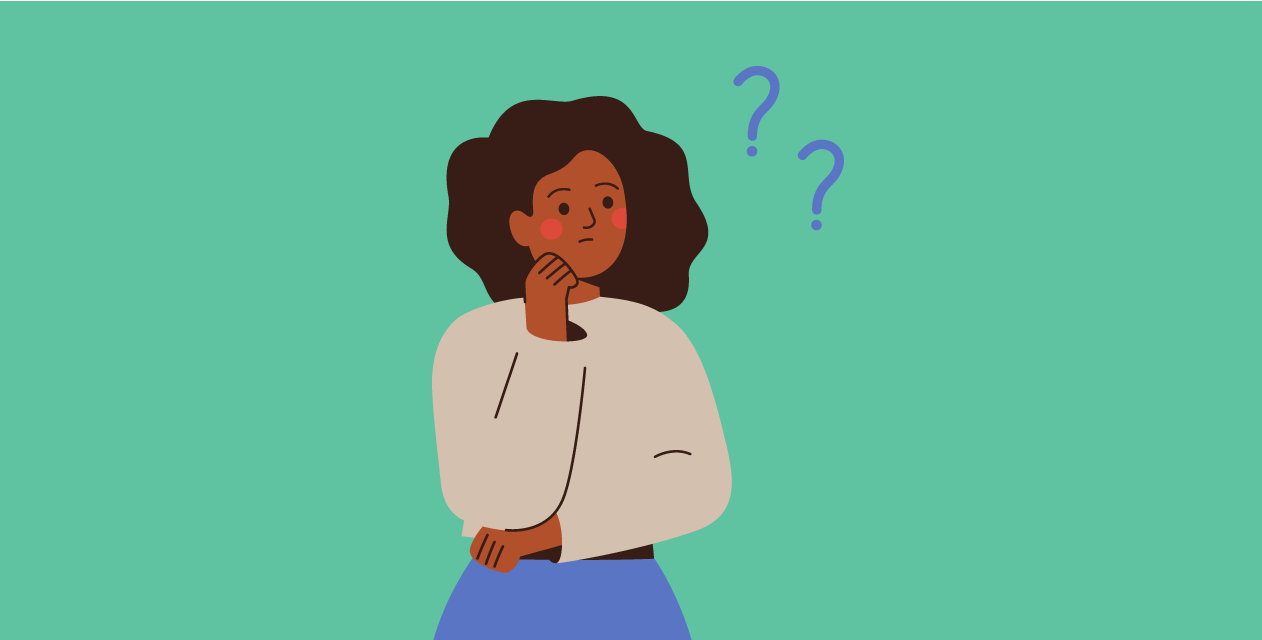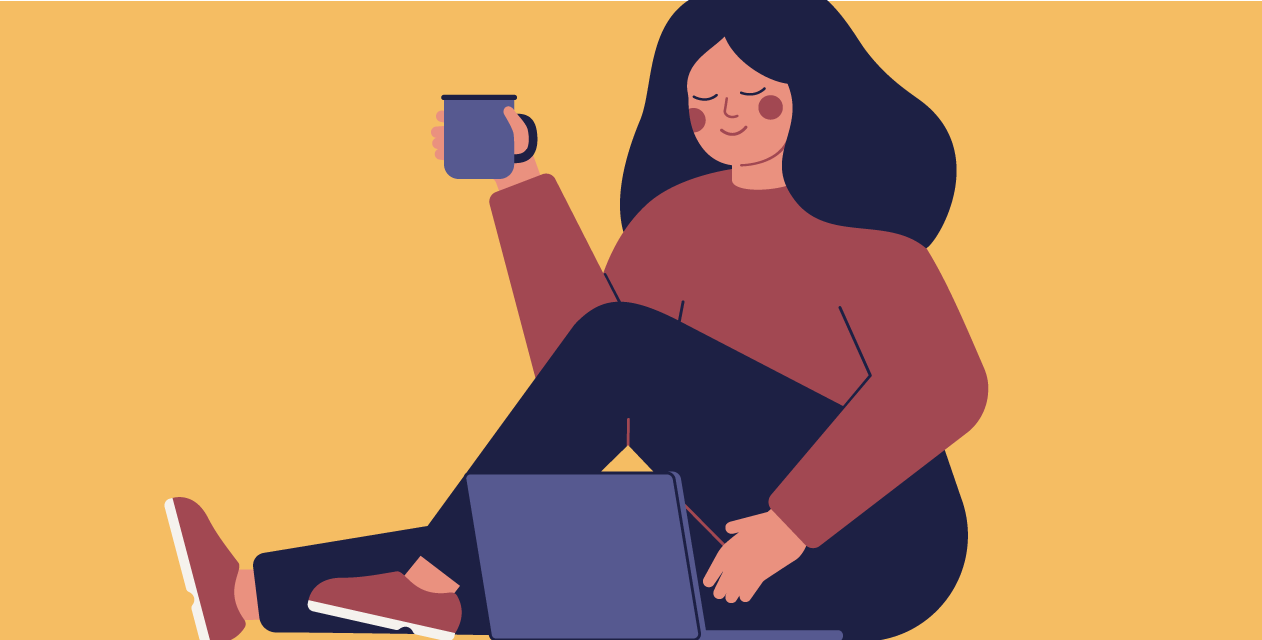Anorexia Nervosa
PROVIDED BY

Anorexia (or anorexia nervosa) is a serious mental illness where people are of low weight due to limiting how much they eat and drink. They may develop “rules” around what they feel they can and cannot eat, as well as things like when and where they’ll eat. Anorexia can affect anyone of any age, gender, ethnicity or background. As well as limiting how much they eat, they may do lots of exercise, make themselves sick, or misuse laxatives to get rid of food eaten. Some people with anorexia may experience cycles of bingeing (eating large amounts of food at once) and then purging.
Weight and shape may be a big factor in someone with anorexia’s sense of self-worth. This can lead to them checking their body regularly, or else trying to avoid scales and mirrors. The way people with anorexia see themselves is often at odds with how others see them – they often have a distorted image of themselves, and think they’re larger than they really are. They experience a deep fear of gaining weight, and will usually challenge the idea that they should.
Sometimes, someone’s symptoms may not exactly match everything a doctor checks for to diagnose anorexia – for example, they may be a weight considered “normal” for their age, sex, and expected development. Depending on the exact symptoms, they might be diagnosed with atypical anorexia or another form of other specified feeding or eating disorder (OSFED). This is just as serious and can develop both into or from anorexia. It’s just as important that people suffering with OSFED get treatment as quickly as possible.
"I thought about food and calories all the time. I tried to avoid foods containing lots of fat or carbohydrates and only had ‘safe’ foods which I felt were okay to eat."
Is Anorexia Serious?
Anorexia can cause severe physical problems because of the effects of starvation on the body. It can lead to loss of muscle strength and reduced bone strength. People whose periods have previously started may find that they stop. They may also find that their sex drive decreases. The illness can affect people’s relationship with family and friends, causing them to withdraw; it can also have an impact on their work or education. As with other eating disorders, anorexia can be associated with depression, low self-esteem, alcohol misuse and self-harm.
The seriousness of the physical and emotional consequences of the condition is often not acknowledged or recognised, and sufferers often do not seek help – they may go to great length to hide their behaviour from family and friends, and sometimes might not realise that they’re ill. Anorexia in children and young people is similar to that in adults in terms of its psychological characteristics. But children and young people might, in addition to being of low weight, also be smaller in stature than other people their age, and slower to develop physically. There are a number of signs of anorexia, but someone doesn’t have to have all of them to be suffering. It’s not always obvious that someone has an eating disorder – remember, they are mental illnesses.
If you’re at all worried about yourself or someone else, even if only some of the signs on this page are present, it’s always best to seek help as quickly as possible, as this gives the greatest chance of a full recovery. The first step is usually to make an appointment with the GP.
"As I lost weight I began to feel tired and this made me more depressed. I couldn’t think straight or concentrate at school. All I could think about was food because my brain and body was craving for it. I realise now I was suffering from the effects of starvation."

Some of the more common signs of anorexia nervosa are:
Behavioural Signs
Anorexia can cause severe physical problems because of the effects of starvation on the body. It can lead to loss of muscle strength and reduced bone strength. People whose periods have previously started may find that they stop. They may also find that their sex drive decreases. The illness can affect people’s relationship with family and friends, causing them to withdraw; it can also have an impact on their work or education. As with other eating disorders, anorexia can be associated with depression, low self-esteem, alcohol misuse and self-harm.
The seriousness of the physical and emotional consequences of the condition is often not acknowledged or recognised, and sufferers often do not seek help – they may go to great length to hide their behaviour from family and friends, and sometimes might not realise that they’re ill. Anorexia in children and young people is similar to that in adults in terms of its psychological characteristics. But children and young people might, in addition to being of low weight, also be smaller in stature than other people their age, and slower to develop physically. There are a number of signs of anorexia, but someone doesn’t have to have all of them to be suffering. It’s not always obvious that someone has an eating disorder – remember, they are mental illnesses.
If you’re at all worried about yourself or someone else, even if only some of the signs on this page are present, it’s always best to seek help as quickly as possible, as this gives the greatest chance of a full recovery. The first step is usually to make an appointment with the GP.
Psychological Signs
Anorexia is a mental illness, and you might notice changes in the way you or someone you know feels before physical symptoms become obvious. Psychological signs include:
- Fear of fatness or pursuit of thinness
- Excessive focus on body weight
- Distorted perception of body shape or weight – for example, thinking they are much larger than they are
- Underestimating or denying the seriousness of the problem, or believing there isn’t a problem at all, even after diagnosis
- Spending a lot or most of their time thinking about food
- Anxiety, particularly about eating in front of other people
- Low confidence and self-esteem
- Difficulty concentrating
- Perfectionism and setting very high standards for themselves
- Other mental illnesses, such as depression, anxiety, or obsessive-compulsive disorder (OCD)
Physical Signs
Starvation affects all the body’s organs, including the brain and muscle tissue. People with anorexia nervosa often experience physical signs of starvation, which may include:
- Weight loss
- Irregular periods, or periods stopping altogether
- Lack of sexual interest
- Difficulty sleeping
- Tiredness
- Feeling dizzy
- Stomach pains
- Constipation
- Bloating
- Feeling cold or have a low body temperature
- Growth of soft, fine hair all over your body (called lanugo)
- Hair loss
- Physical weakness
- Loss of muscle strength
- Effects on hormone levels
- Swelling in their feet, hands or face (known as oedema)
- Low blood pressure
- Poor circulation
Long-term Effects
Like any eating disorder, anorexia can have long-term physical effects, some of which may be permanent, including:
- Loss of bone density (osteoporosis)
- Erosion of tooth enamel
- Difficulty conceiving, infertility
- Heart problems
- Damage to other organs, such as the kidneys, bowels and liver
- Weakened immune system
- Delayed onset of puberty or stunted growth in children and young teenagers
- Most seriously, anorexia can be fatal if not treated in time. However, many physical effects of anorexia are reversible or can be prevented from worsening, and eating disorders are treatable, with full recovery possible.

